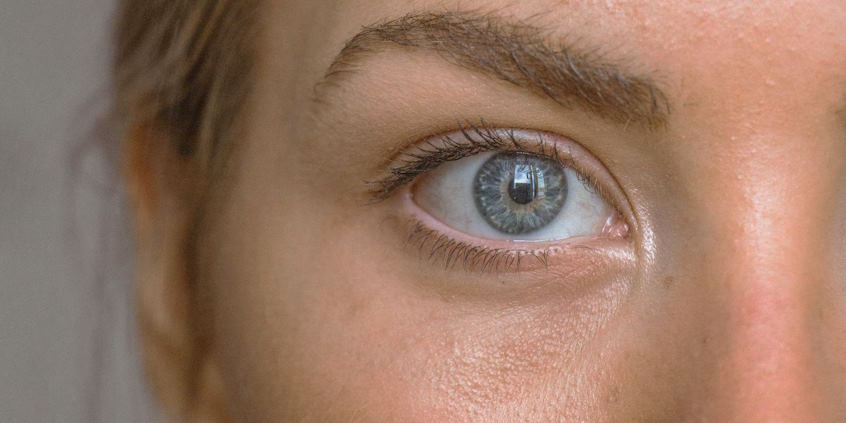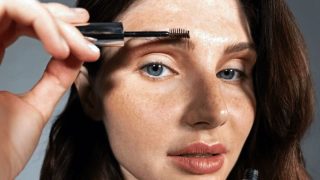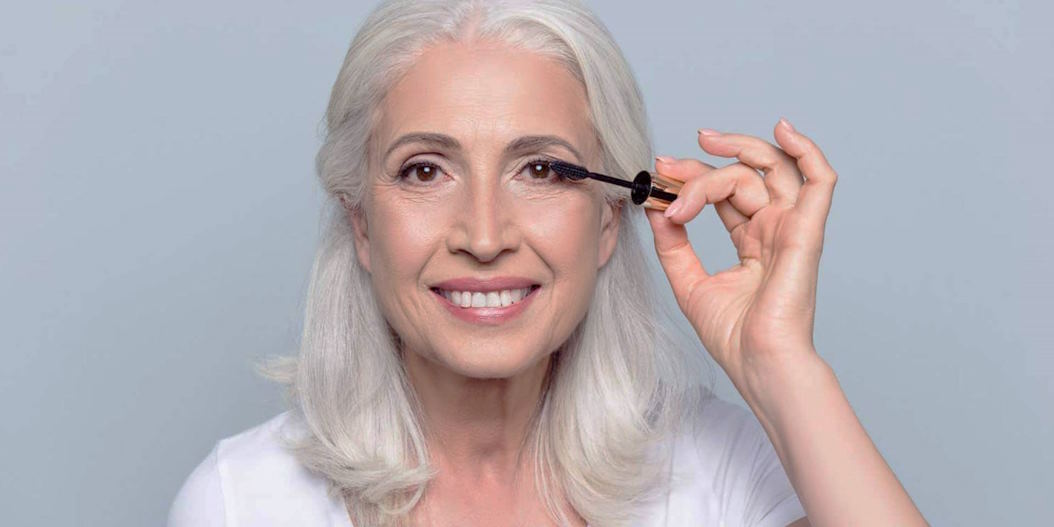Maintaining healthy and radiant skin is not solely dependent on sun exposure. While sunlight provides essential vitamin D, there are numerous ways to nurture your skin’s health and appearance through alternative methods. Understanding these approaches ensures that your skin remains resilient and glowing even without regular exposure to the sun.
Understanding Vitamin D: Importance and Sources Beyond Sun Exposure
Vitamin D is crucial for various bodily functions, including skin health. It supports immune function, regulates calcium absorption for bone health, and influences cell growth and repair processes within the skin. While sunlight is the primary source of vitamin D, especially UVB rays that trigger its synthesis in the skin, dietary sources and supplements are essential alternatives.
Incorporating vitamin D-rich foods into your diet is beneficial. Fatty fish such as salmon, mackerel, and tuna are excellent sources, as are fortified dairy products like milk and yogurt. Egg yolks, fortified cereals, and orange juice also contain vitamin D. For those on plant-based diets, mushrooms exposed to UV light provide a vegan-friendly source of vitamin D.
Supplements are another option to ensure adequate vitamin D levels, especially in regions with limited sunlight or during winter when sun exposure is reduced. Vitamin D3 supplements are preferred due to their effectiveness in raising and maintaining blood levels of vitamin D. It’s essential to consult healthcare providers for personalized recommendations based on individual needs and potential deficiencies.
Understanding the broader implications of vitamin D deficiency underscores its importance beyond skin health. Deficiencies can contribute to weakened immune function, bone disorders like osteoporosis, and increased susceptibility to chronic diseases. Thus, maintaining optimal vitamin D levels through sunlight, diet, and supplements is crucial for overall health and well-being.

Nutrition for Radiant Skin: Foods Rich in Essential Nutrients
A nutrient-dense diet is fundamental for healthy skin, providing antioxidants, vitamins, and minerals that support cellular functions and protect against environmental damage. Antioxidants such as vitamins C and E, beta-carotene, and selenium neutralize free radicals contributing to premature aging and skin damage.
Incorporate a variety of colorful fruits and vegetables into your meals. Berries, citrus fruits, spinach, kale, and bell peppers are rich in antioxidants and vitamins that promote skin elasticity and collagen production. Nuts and seeds like almonds, sunflower seeds, and flaxseeds provide essential fatty acids that maintain skin hydration and support the skin barrier function.
Whole grains like oats and quinoa offer complex carbohydrates and B vitamins contributing to overall skin health. Lean proteins such as poultry, tofu, and legumes provide amino acids necessary for collagen synthesis and tissue repair. Including zinc-rich sources, such as lean meats, shellfish, and legumes, supports skin renewal and helps maintain a healthy complexion.
Skincare Routine: Hydration and Protection from Environmental Stressors
A consistent skincare regimen is essential for maintaining skin health and vitality, regardless of sun exposure. Start with a gentle cleanser suitable for your skin type to remove impurities and excess oil without stripping the skin’s natural moisture barrier. Cleansing prepares the skin for subsequent treatments and ensures optimal absorption of skincare products.
Hydration is crucial for skin health. Choose a moisturizer that suits your skin type and contains ingredients like hyaluronic acid, glycerin, and ceramides to replenish moisture and strengthen the skin barrier. Apply moisturizer liberally after cleansing and throughout the day to maintain hydration levels.
Protecting your skin from environmental stressors is key to preventing premature aging and damage. Apply a broad-spectrum sunscreen with SPF 30 or higher daily, even on cloudy days or indoors near windows. Sunscreen protects against UVA and UVB rays, which can cause sunburn, premature aging, and skin cancer. Reapply sunscreen every two hours after swimming or sweating to maintain effective protection.
Incorporate antioxidant-rich serums or creams into your skincare routine. Vitamins C and E, in particular, help neutralize free radicals and support collagen production for a more youthful complexion. Consider adding a retinoid or peptide-based product to your nighttime routine to promote cell turnover, reduce fine lines and wrinkles, and enhance skin texture and tone.

Supplements and Alternatives: Supporting Skin Health Without Sunlight
Supplements can complement dietary intake to support skin health, especially when sun exposure is limited or insufficient. Vitamin D supplements are recommended to maintain adequate levels, particularly in geographic regions with extended winters or for individuals with indoor lifestyles.
Light therapy lamps, also known as light boxes, offer an alternative to natural sunlight to stimulate vitamin D production and enhance mood and energy levels. These devices emit specific wavelengths of light that penetrate the skin, triggering vitamin D synthesis and potentially alleviating symptoms of seasonal affective disorder (SAD).
Herbal supplements like ginseng and green tea extract provide additional antioxidant benefits, protecting against UV-induced damage and promoting skin regeneration. When incorporated into a balanced diet and skincare regimen, these supplements can enhance overall skin health and resilience.
Caring for your skin without regular sun exposure requires a comprehensive approach that includes understanding alternative sources of vitamin D, maintaining a nutrient-rich diet, adhering to a consistent skincare routine, and considering supplements and alternative therapies. Integrating these strategies into your daily routine allows you to effectively support and maintain healthy, radiant skin regardless of sun exposure levels or seasonal changes. Prioritize skin health as an integral part of your overall well-being to ensure long-term vitality and a youthful appearance.






